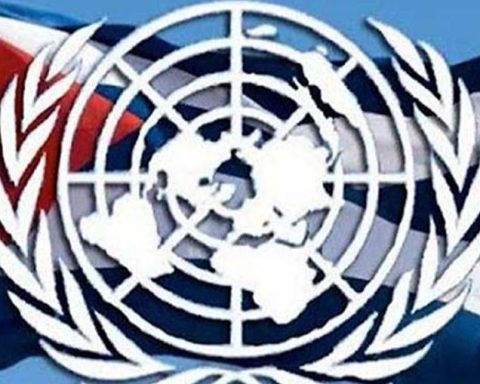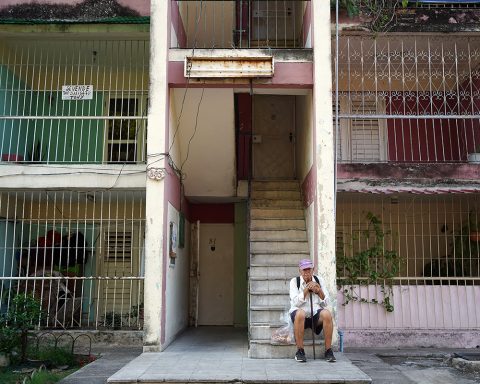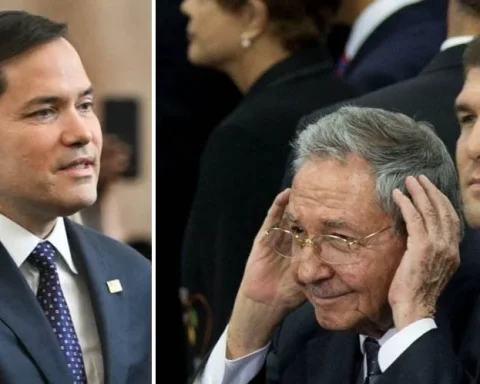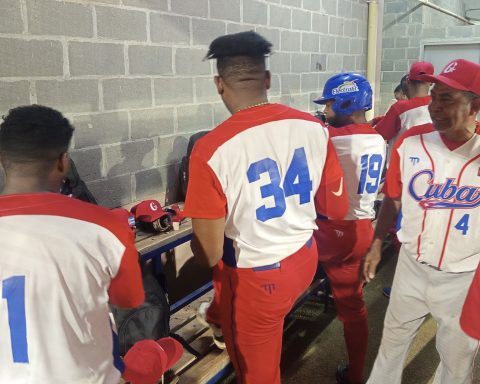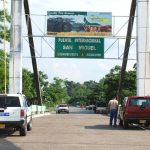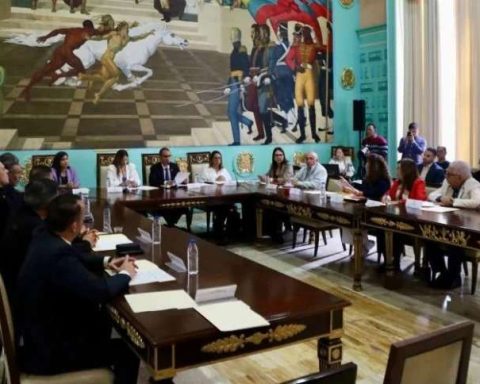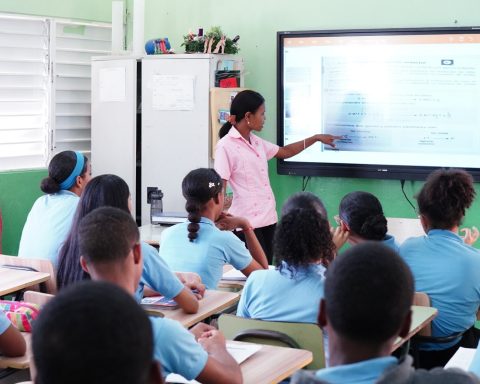Madrid, Spain.- The repressor of the regime Eduardo Velázquez Infante, 55 and known as the “Major Eduardo”, self-ported at the beginning of this month and currently remains in Puerto Padre, Las Tunas province, he could verify Cubanet In the last hours. His “parolado” condition prevents him from returning to the United States.
His name appears on the list of repressors of the Cuban government that the congressman Carlos A. Giménez He presented the Department of National Security (DHS) last March, requesting the identification and deportation of those who participated in human rights violations.
In 2023, and with the sponsorship of a maternal sister, Velázquez Infante obtained a humanitarian parole granted by officials of the Biden Administration. According to migratory records, Major Eduardo entered American territory on March 22, 2023 by the Miami International Airport, later to a state of the west coast. The benefit was conceived to protect persecuted politicians, but opponents residing in Miami argue that the officer managed it to escape the scrutiny of the Cuban community that he pursued for decades.
Natural of Puerto Padre, Velázquez Infante began his career as a member of the Defense Committees of the Revolution (CDR) in the Amancio Rodríguez municipality. In 1991 he entered the Ministry of Interior (Minint) as an operational officer of the State Security Confrontation Unit in Las Tunas, participating in multiple operations against dissidents until his retirement in 2018.
After moving on to the reservation, he assumed a civil position as head of insurance at the facilities of Central Guiteras, where he previously acted as a state guard. Testimonies of local activists and express groups point out that, even years after his retirement, Velázquez Infante maintained a presence on social networks until he erased his profile shortly before leaving Cuba.
In March 2025, Congressman Carlos A. Giménez sent a letter to the DHS in which he argues that the presence of state security officials in the US. UU. Vulnera the spirit of the Cuban adjustment law and other protection mechanisms created for those who flee from repression. The document includes Velázquez Infante among dozens of names proposed for deportation.

